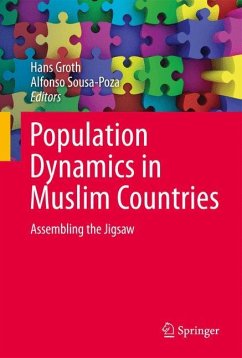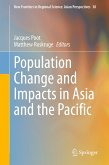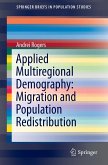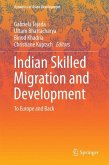"Drawing a critical relationship between the role of Muslim clerics and demographic change in Islamic countries, this book is indispensable reading for anyone who seeks to understand the importance of the Islamic world in the global village."
Klaus Schwab, Founder and Chairman, World Economic Forum (WEF), Geneva
" This is a timely book that discusses a unique topic written by a group of distinguished scholars. This book is indispensable to students, scholars and policy makers with keen interested in Islam. "
Abdulkhaleq Abdulla, Professor of Political Science, United Emirates University, Dubai
"There is a growing fear in some circles that population growth in Muslin nations might pose a danger to the rest of the world. This book shows that this fear is based mostly on ignorance."
Reiner Klingholz, Director, Berlin Institute for Population and Development, Germany
"Demographic developments play an important part in the internal policy agenda as well as in foreign affairs. This book provides excellent background for a better understanding of the importance of population dynamics in politics."
Felix Gutzwiller, Senate Member, Parliament of Switzerland
"This book is an added value to the readers' understanding of these young societies' behaviour towards major indicators that affect quality of life, justice and access to services. "
Maha Khatib, Former Minister and Senator, Hashemite Kingdom of Jordan
"On the wake of the Arab Spring, scholars have diverged on their perspectives of its consequences. What has been missing in these discussions though is the consideration of the region's demographic structures. Population Dynamics in Muslim Countries fills this gap and brings in a sobering perspective."
Elham Manea, Professor of Political Science, Zurich University, Switzerland
"The uprisings taking place throughout the Middle East and Northern Africa since early 2011 which are reshaping the political and social landscape of the entire region have one root cause: population growth. This book is a must read to all those interested in one of the most consequential developments unfolding before our eyes."
Heinrich Kreft, Ambassador, German Foreign Ministry, Germany
Klaus Schwab, Founder and Chairman, World Economic Forum (WEF), Geneva
" This is a timely book that discusses a unique topic written by a group of distinguished scholars. This book is indispensable to students, scholars and policy makers with keen interested in Islam. "
Abdulkhaleq Abdulla, Professor of Political Science, United Emirates University, Dubai
"There is a growing fear in some circles that population growth in Muslin nations might pose a danger to the rest of the world. This book shows that this fear is based mostly on ignorance."
Reiner Klingholz, Director, Berlin Institute for Population and Development, Germany
"Demographic developments play an important part in the internal policy agenda as well as in foreign affairs. This book provides excellent background for a better understanding of the importance of population dynamics in politics."
Felix Gutzwiller, Senate Member, Parliament of Switzerland
"This book is an added value to the readers' understanding of these young societies' behaviour towards major indicators that affect quality of life, justice and access to services. "
Maha Khatib, Former Minister and Senator, Hashemite Kingdom of Jordan
"On the wake of the Arab Spring, scholars have diverged on their perspectives of its consequences. What has been missing in these discussions though is the consideration of the region's demographic structures. Population Dynamics in Muslim Countries fills this gap and brings in a sobering perspective."
Elham Manea, Professor of Political Science, Zurich University, Switzerland
"The uprisings taking place throughout the Middle East and Northern Africa since early 2011 which are reshaping the political and social landscape of the entire region have one root cause: population growth. This book is a must read to all those interested in one of the most consequential developments unfolding before our eyes."
Heinrich Kreft, Ambassador, German Foreign Ministry, Germany









